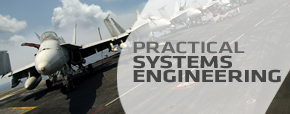
TESTIMONIALS
Description
This course covers 8 bit and 16 bit micro-controller architectures and instruction sets. The skills acquired through this course are basic assembly programming techniques using variables, arrays and data structures. This course develops the fundamental structured programming constructs of sequence, choice and iteration, and how they can be realised in assembly language code.Moreover, structured programming techniques using flowcharts and pseudo-code and how to convert these into clear well documented assembler.
Students will be shown techniques for programming of timers, peripherals and interrupt handling. The hands on exercises also cover the use of simulation, debugging and in-circuit debugging techniques as well as techniques for in-system programming.
Company Benefits
Students successfully completing this course will have a sound understanding of the mechanisms by which micro-controllers function, structured assembly programming techniques, assembly code testing and debugging techniques, and programming of timers and peripherals using polling and interrupt driven approaches.Content
- Microprocessor Architectures
- Instruction Sets and Assembly Language Programming
- Registers and Peripherals
- Basic Assembly Language Program Patterns and Templates
- Interrupts and Interrupt Handling
- Basic Input Output Techniques
- More Advanced Input Output Techniques
- Tables, Arrays and Records
- Binary, octal, decimal and hexadecimal numbers
Who should attend
Attendees should have a basic knowledge of programming and computers.Prerequisites
No specific prerequisites have been identified for this course.Related courses
PG-09 :
Programming in C
PG-10 :
Programming in C++
PG-11 :
Advanced C++ Programming
PG-50 :
Advanced C Programming for UNIX and Linux
PG-51 :
Advanced C++ Programming for Unix and Linux
PG-54 :
Advanced Assembly Programming
PG-55 :
Introduction to C for Embedded Systems
PG-56 :
Advanced C for Embedded Systems




